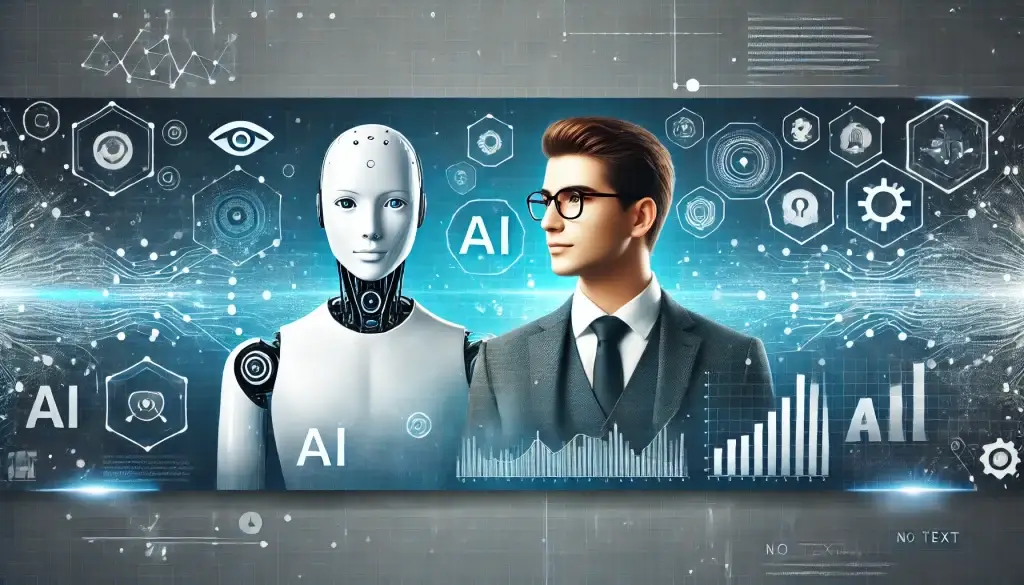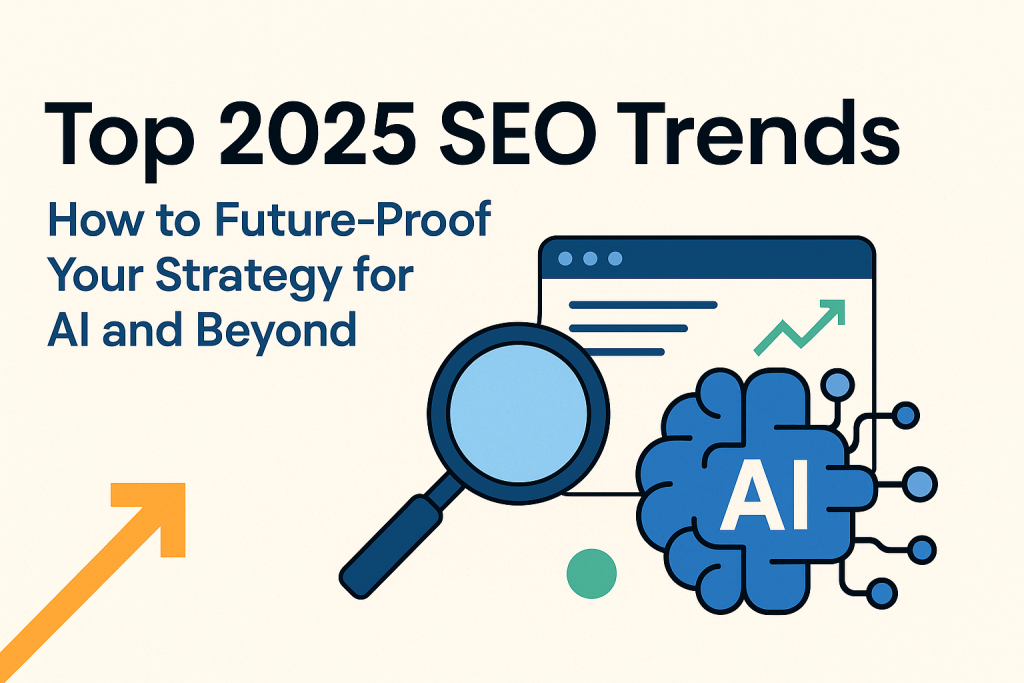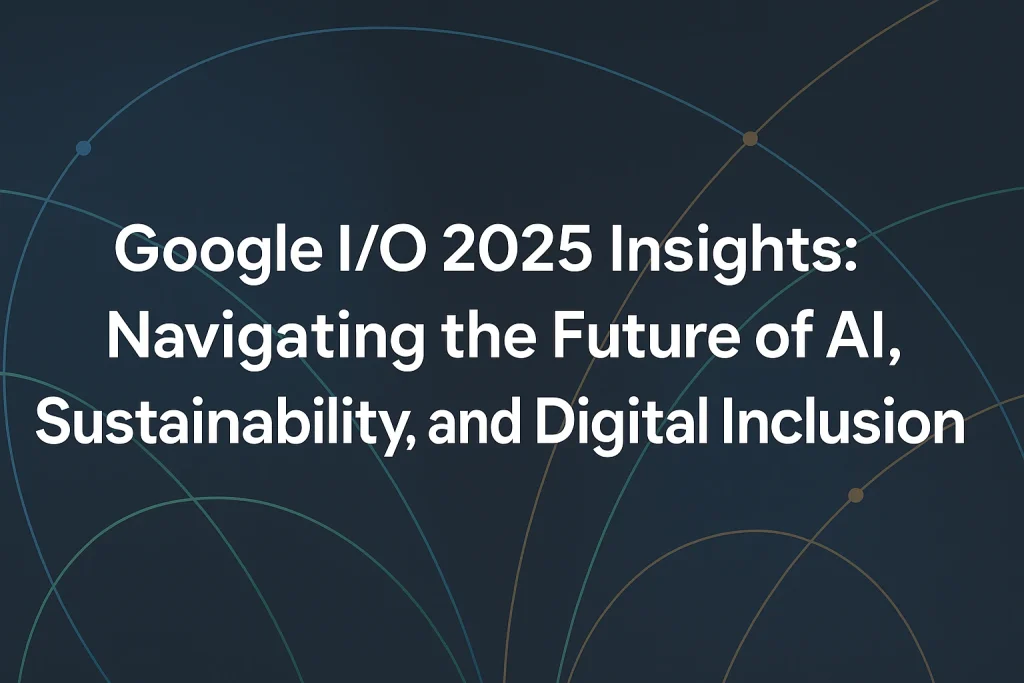AI Agents Business Impact Examples: How They’re Transforming Companies in 2025
Understanding AI Agents and Their Role in Business
AI is no longer a futuristic concept—it’s here, and it’s changing the way businesses operate. One of the biggest drivers of this transformation is AI agents. Whether you realize it or not, AI agents are already playing a major role in streamlining operations, improving customer interactions, and even making strategic decisions in businesses worldwide.
So, what exactly are AI agents? Think of them as intelligent digital assistants capable of executing tasks autonomously. These agents can analyze data, make decisions, and even learn over time to improve their efficiency. From chatbots that handle customer service inquiries to AI-powered marketing tools that personalize campaigns, AI agents are revolutionizing the way businesses function.

AI Agents Business Impact Examples
Let’s take a look at some real-world examples of AI agents making an impact across different industries:
- Customer Service & Support: AI-powered chatbots, like those used by major companies such as Amazon and Shopify, can handle inquiries, provide instant solutions, and reduce customer wait times, leading to better satisfaction and cost savings.
- Personalized Marketing: AI-driven marketing platforms analyze customer behavior to create hyper-personalized campaigns, increasing engagement and sales.
- Fraud Detection in Finance: Banks and financial institutions use AI agents to detect fraudulent transactions in real-time, helping prevent cyber threats.
- Healthcare Assistance: AI-powered diagnostic tools assist doctors by analyzing patient records and recommending treatment plans based on vast medical databases.
- Supply Chain & Logistics: Companies like FedEx and Amazon use AI agents to predict demand, optimize routes, and improve overall efficiency in product delivery.
Types of AI Agents
AI agents come in different forms, each with varying levels of complexity and capability. Here’s a breakdown of the main types:
- Reactive Agents: These AI systems act purely based on pre-programmed responses. They don’t store past experiences but respond to specific inputs in real-time. Chatbots and voice assistants like Siri or Alexa fall into this category.
- Limited Memory Agents: These agents retain short-term memory, allowing them to learn from past experiences. Self-driving cars, which analyze road conditions and adapt accordingly, are an example.
- Theory of Mind Agents: More advanced AI agents are being developed to understand human emotions, intent, and social interactions. While still in research phases, they hold great potential for industries like customer service and mental health.
- Self-Aware Agents: These are theoretical AI agents that would possess consciousness, enabling them to think and make independent decisions similar to humans. While we’re not there yet, advancements in AI technology are moving in that direction.
How to Build AI Agents for Business
If you’re a business owner or entrepreneur looking to leverage AI agents, you might be wondering how to build one. The good news is that it’s becoming increasingly accessible, even for those without extensive technical knowledge. Here’s a step-by-step guide:
- Define the Purpose – Start by identifying the problem your AI agent will solve. Will it be used for customer support? Data analysis? Workflow automation?
- Gather and Preprocess Data – AI agents require data to learn. Collect relevant datasets and clean them to remove inconsistencies.
- Choose the Right AI Model – Different AI applications require different models. For chatbots, Natural Language Processing (NLP) models like GPT-4 work well, while deep learning models are better suited for complex decision-making tasks.
- Train the AI Agent – Using machine learning techniques, train your AI model on past data to help it recognize patterns and make accurate decisions.
- Deploy and Optimize – Once the AI agent is built, integrate it into your business systems. Monitor its performance and fine-tune it regularly to improve efficiency.
If you’re looking for a more in-depth guide on how to build AI agents, check out this video: How to Build AI Agents
The Future of AI Agents in Business
AI agents are only going to get more advanced and widely adopted. Companies that invest in AI now will gain a competitive edge, improving efficiency and cutting costs. However, challenges such as data privacy concerns, ethical considerations, and the need for human oversight will need to be addressed.
As businesses continue to explore AI-driven solutions, understanding the different types of AI agents and their potential impact will be essential for staying ahead in this rapidly evolving landscape.
For more insights on AI, digital transformation, and business strategies, visit my blog.




I blog quite often and I truly appreciate your content. This article has really
peaked my interest. I’m going to bookmark your blog and keep checking for
new information about once a week. I subscribed
to your Feed too.